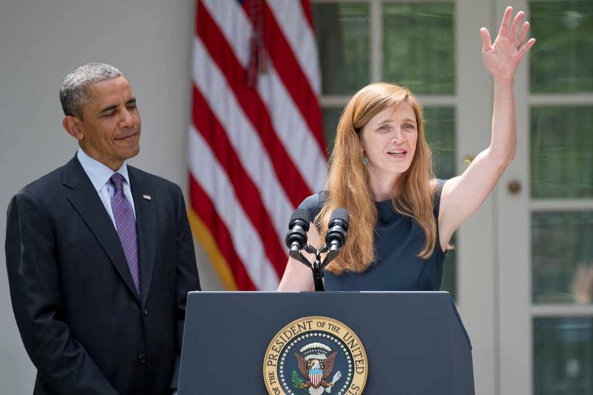A former US ambassador to the United Nations has described the "race to the top" that led to former Prime Minister Helen Clark missing out on the top job.
Clark lost out on the role of Secretary-General for the UN in 2016 to former Portuguese Prime Minister Antonio Guterres, partly because she failed to get the support of the United States.
The United States opposed Clark in her bid for the job. Its choice of Susana Malcorra, from Argentina, was driven by then-current UN ambassador Samantha Power and former ambassador Susan Rice.
In an interview with Newstalk ZB today, Power said Clark "was a great friend of the United States".
"I think we were all . . . looking to see who could secure the support of all five pertinent members, which is really a tough nut to crack," she said.
But Power said it was difficult to find a candidate that could help achieve a "Venn diagram" between Russia, China, and the US at the time.
"That was the real challenge, I think, that we faced.
"Even having someone of Helen's calibre in the race, I think, created a race to the top in many respects."
Power said there was a push for a female Secretary-General, and while they did not achieve that, Guterres was focused on promoting women's equality in his work.
"Guterres was somebody who, like Helen Clark, had led a country . . . he was missing an important quality that many were looking for, which is a different gender."
She said even he had been able to act as the "Venn diagram" between the three nations.
"I don't know that Helen Clark would have had more luck."
Clark stepped down from her role as head of the UN's development programme after the loss.










